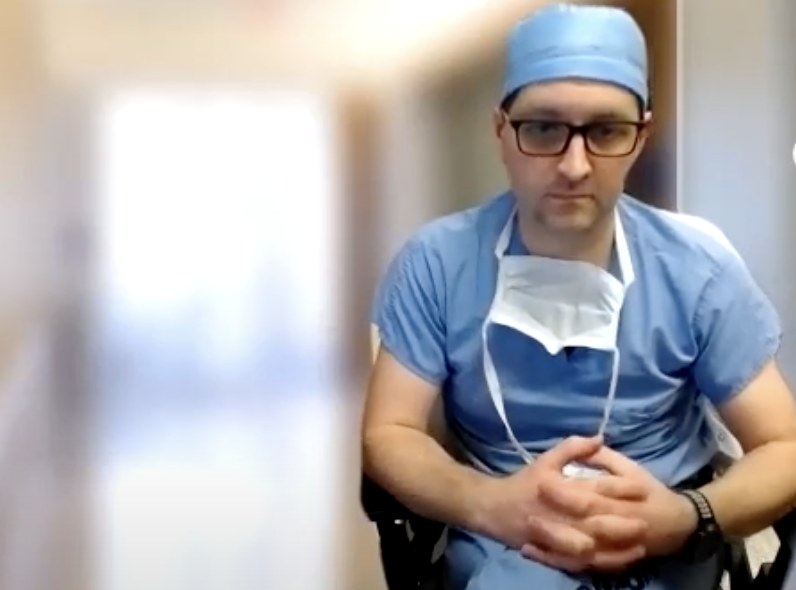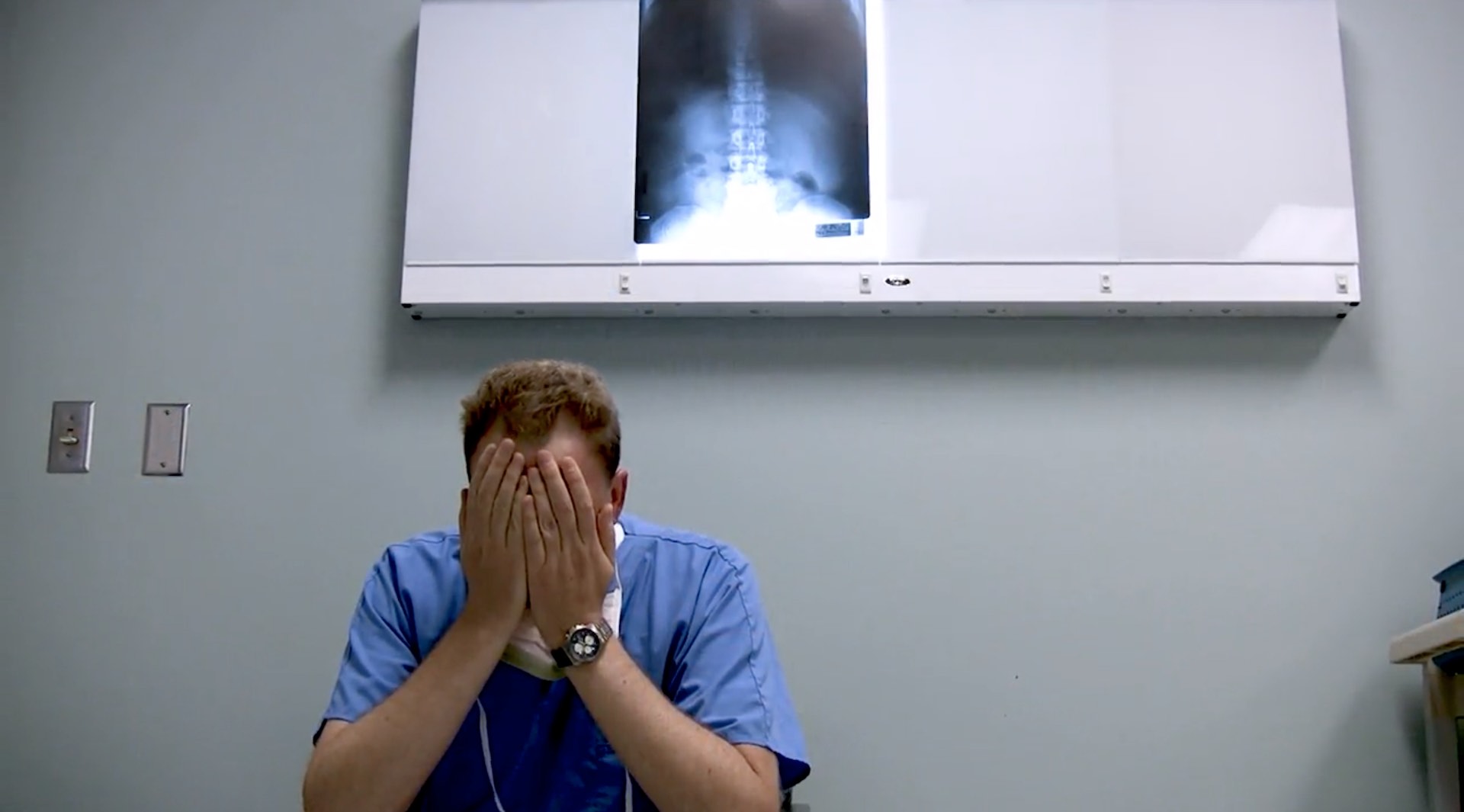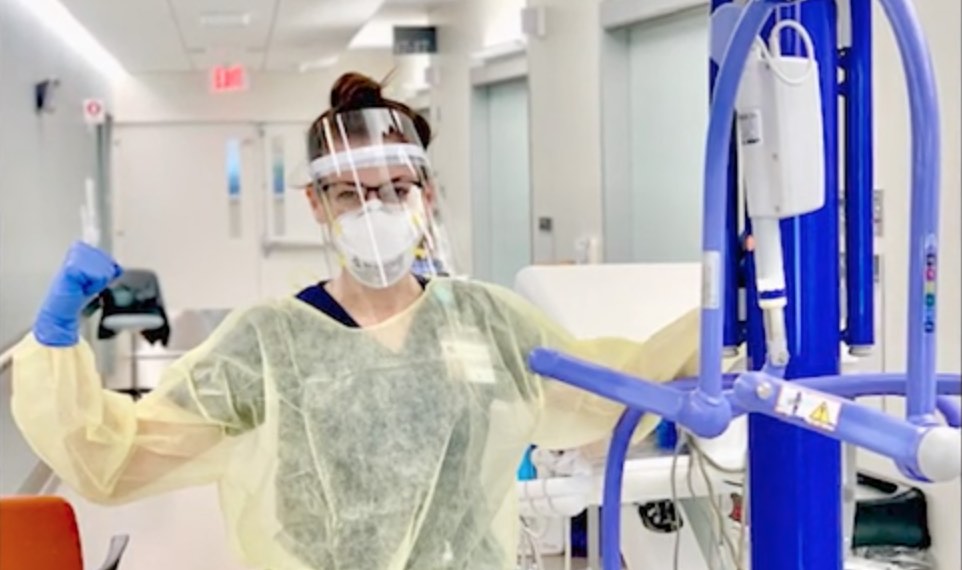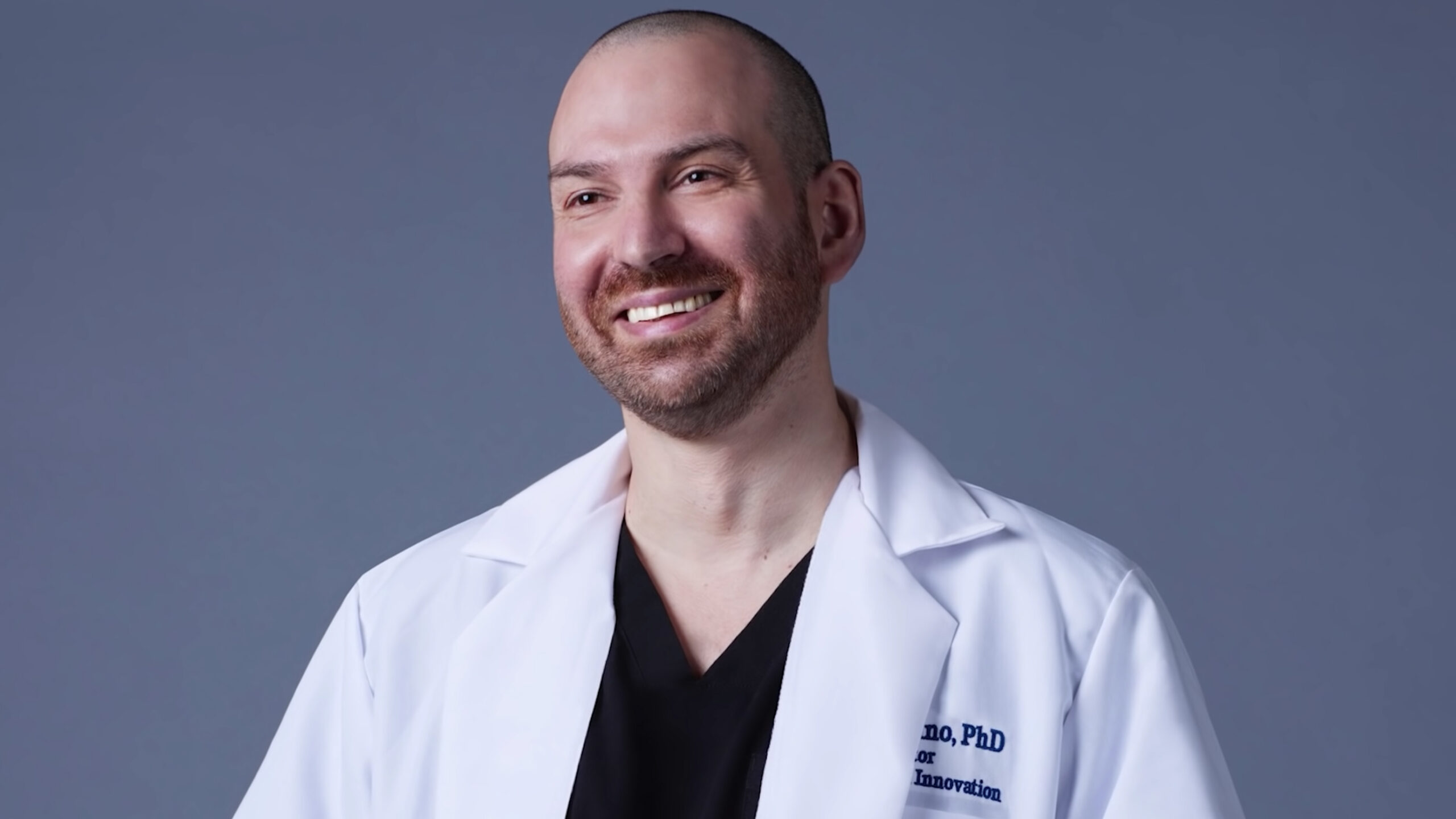Tight glycemic control not recommended in hospitalized patients
Reuters Health • The Doctor's Channel Daily Newscast
February 14, 2011 • Critical Care, Diabetes, Endocrinology, Hospitalist, Nurses/NP/PA, Reuters Health • The Doctor's Channel Newscast
NEW YORK (Reuters Health) – A new clinical practice guideline from the American College of Physicians recommends strongly against the use of intensive insulin therapy to normalize high blood glucose levels in hospitalized patients with or without diabetes.
The preamble to the guideline, in the Annals of Internal Medicine for February 15, notes that hyperglycemia occurs in about 40% of hospitalized patients. The purpose of the paper “is to address the management of hyperglycemia and evaluate the benefits and harms associated with the use of intensive insulin therapy (IIT) to achieve tight glycemic control in hospitalized patients with or without diabetes mellitus.”
The guideline is based ON a systematic review by Dr. Devan Kansagara at the Portland Veterans Affairs Medical Center, Oregon, and colleagues. They synthesized data from 31 trials of IIT conducted among perioperative or critically ill patients or patients with acute MI or stroke.
The researchers found no consistent evidence that “IIT targeted to strict glycemic control compared with less strict glycemic control improves health outcomes in hospitalized patients.” Furthermore, IIT increased the risk for severe hypoglycemia.
The ACP guideline notes that hyperglycemia is associated with poorer outcomes in hospitalized patients, and that most clinicians attempt to control hyperglycemia in inpatient settings. If intensive insulin therapy is used, the guideline recommends a target blood glucose level of 7.8 to 11.1 mmol/L (140 to 200 mg/dL).
That is a weak recommendation based on the available evidence. Two strong recommendations advise against attempting tight glycemic control. Specifically:
1. “ACP recommends not using intensive insulin therapy to strictly control blood glucose in non-SICU/MICU patients with or without diabetes mellitus.”
2. “ACP recommends not using intensive insulin therapy to normalize blood glucose in SICU/MICU patients with or without diabetes mellitus.”
Ann Intern Med. 2011;154:260282.
The preamble to the guideline, in the Annals of Internal Medicine for February 15, notes that hyperglycemia occurs in about 40% of hospitalized patients. The purpose of the paper “is to address the management of hyperglycemia and evaluate the benefits and harms associated with the use of intensive insulin therapy (IIT) to achieve tight glycemic control in hospitalized patients with or without diabetes mellitus.”
The guideline is based ON a systematic review by Dr. Devan Kansagara at the Portland Veterans Affairs Medical Center, Oregon, and colleagues. They synthesized data from 31 trials of IIT conducted among perioperative or critically ill patients or patients with acute MI or stroke.
The researchers found no consistent evidence that “IIT targeted to strict glycemic control compared with less strict glycemic control improves health outcomes in hospitalized patients.” Furthermore, IIT increased the risk for severe hypoglycemia.
The ACP guideline notes that hyperglycemia is associated with poorer outcomes in hospitalized patients, and that most clinicians attempt to control hyperglycemia in inpatient settings. If intensive insulin therapy is used, the guideline recommends a target blood glucose level of 7.8 to 11.1 mmol/L (140 to 200 mg/dL).
That is a weak recommendation based on the available evidence. Two strong recommendations advise against attempting tight glycemic control. Specifically:
1. “ACP recommends not using intensive insulin therapy to strictly control blood glucose in non-SICU/MICU patients with or without diabetes mellitus.”
2. “ACP recommends not using intensive insulin therapy to normalize blood glucose in SICU/MICU patients with or without diabetes mellitus.”
Ann Intern Med. 2011;154:260282.









